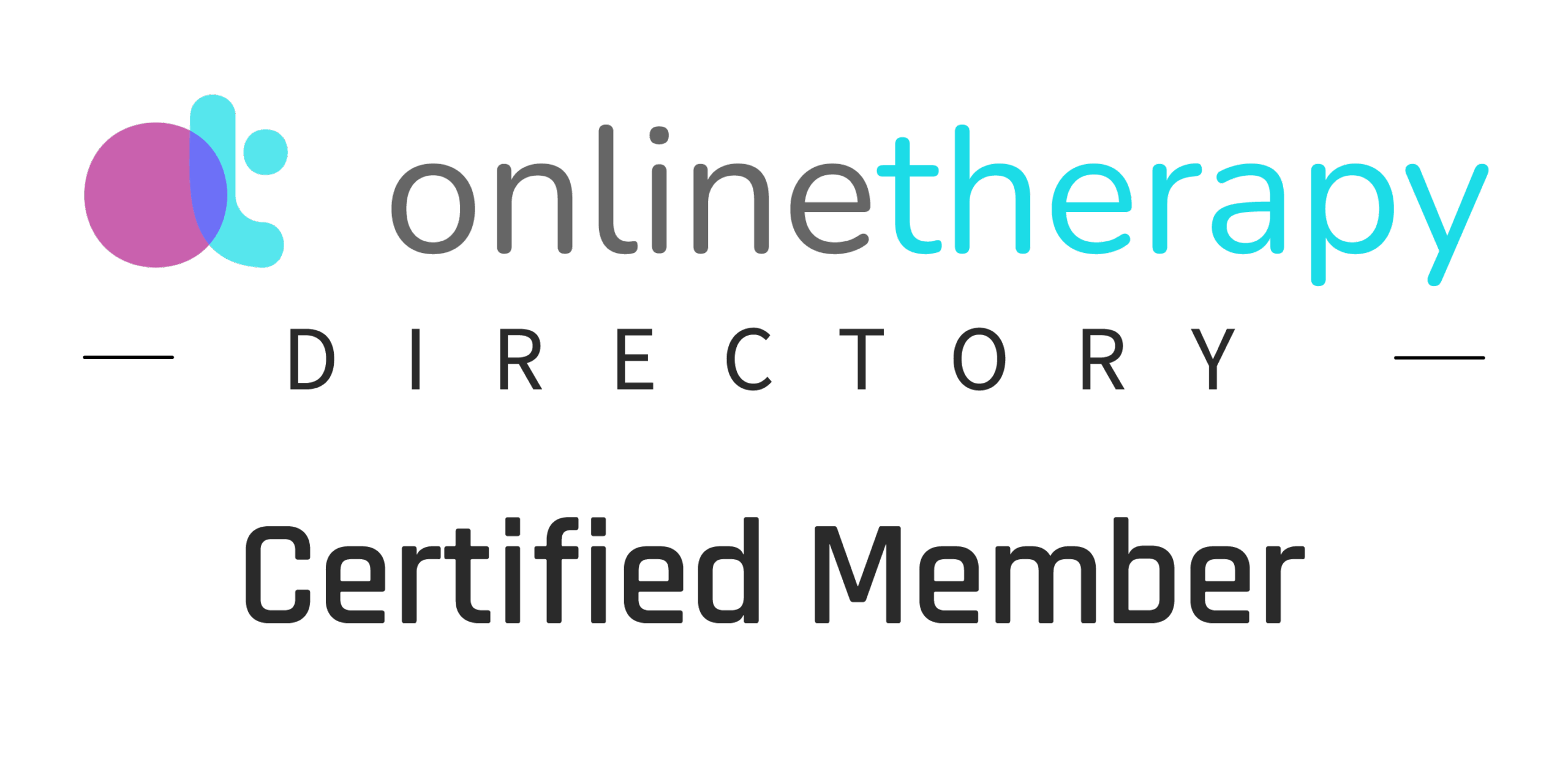Don’t Attach to Any Outcome

The irony of this blog is that while I was writing it, I lost everything I had typed. For a brief moment, I was frustrated. Then, I laughed. The topic of this post? Don’t attach to any outcome. What better real-life example than that?
At its core, this phrase is about learning mental agility—being able to move with life rather than against it. Too often, we attach ourselves to specific outcomes, whether in our healing, our relationships, or our careers. We want things to go a certain way, and when they don’t, we spiral into frustration, disappointment, or even despair.
But attachment to outcomes is a trap. It tricks us into believing we can control the future, people, or circumstances—when in reality, much of life is outside our control.
The Difference Between Effort and Attachment
Not attaching to outcomes doesn’t mean becoming a passive bystander. It doesn’t mean giving up on effort, goals, or healing. You still get to show up, learn, grow, and do the work—whether that’s in trauma therapy, EMDR therapy, or relationship therapy.
The difference is in how tightly you grip. You can put in the work without clinging to a fixed image of how things “must” turn out. When we grip too tightly, we close ourselves off to opportunities that may arise in unexpected ways.
Many times in my life, I’ve been so hyper-focused on one path that I missed out on possibilities right in front of me. Tunnel vision has its place—it can help us push through a tough season—but it’s not sustainable as a way of life. Living with that level of control eventually breeds exhaustion, anxiety, and suffering.
Why Trauma Makes Letting Go Hard
In my work as a psychotherapist in Westlake Village, Thousand Oaks, and surrounding areas like Agoura Hills, Calabasas, Oak Park, and Los Angeles, I’ve noticed a theme: clients who come from trauma often struggle deeply with this idea.
If you’ve survived narcissistic abuse, emotional abuse, or sexual abuse, control likely became your survival mechanism. To make it through chaos, you had to predict, anticipate, and sometimes live in hypervigilance. That focus was adaptive—it helped you survive.
But what helped you survive isn’t always what helps you thrive. Continuing to live with tunnel vision and rigid expectations creates more suffering in the long run. Healing requires learning to loosen that grip.
Mindfulness and Spirituality in Healing
One of the most powerful tools in shifting away from outcome attachment is mindfulness—the practice of being present in the here and now. When you are mindful, you notice what’s unfolding without needing it to be different.
For some, spirituality adds another layer of support. Whether you call it faith, higher power, or trust in the universe, spirituality can create a sense of foundation in uncertainty. In trauma therapy, I often witness clients begin to cultivate trust—something that was shattered in their past. With time, they learn that not everything will repeat the pain of the past. Many things in life are good if we let them be so. Some things take time; some things arrive unexpectedly.
This is why in my practice, I often integrate mindfulness and somatic trauma therapy. Both help clients ground themselves in the present moment, process what’s happening in the body, and release the urge to control what’s beyond their reach. These practices also allow clients to welcome joy and serenity into their lives.
When Outcomes Don’t Match Expectations
Returning to my lost blog draft—it’s such a simple example, but a powerful one. I expected a certain outcome: to finish writing and publish it. Losing the text created frustration because reality didn’t match my expectation.
This happens to all of us in big and small ways. We imagine a relationship will move in a certain direction (or not). We expect therapy to move faster. We hope healing will look a certain way. And when it doesn’t, we can feel angry, lost, or defeated.
The practice is not to avoid those feelings but to notice them, allow them, and then open ourselves to what else might be possible. Sometimes, what unfolds is better than what we imagined.
Choosing Flexibility Over Control
At the heart of this practice is flexibility. Life rarely goes exactly as planned. When we soften our grip on outcomes, we invite resilience. We discover opportunities we couldn’t see when we were fixated on one path.
This doesn’t erase suffering, but it reduces unnecessary suffering. It opens space for curiosity, growth, and new meaning.
If you’re doing the deep work of trauma therapy, EMDR therapy, or DBT (dialectical behavior therapy), this mindset can be transformative. Healing takes time, and it doesn’t always look the way we think it should. But by staying present, practicing mindfulness, and loosening your hold on specific outcomes, you create the possibility of not just surviving—but thriving.
Final Reflection
The truth is, we are in control of very little. And that’s okay. Life doesn’t have to be micromanaged to be meaningful. When we step into trust, openness, and presence, we find a freedom that rigid control never offers.
So the next time you catch yourself clinging tightly to how something should turn out, pause. Breathe. Notice what’s here now. And remember: you don’t have to attach to any outcome for life to unfold beautifully. You also don’t have to attach to any outcome to be able to enjoy the present moment and invite peace and serenity into your life now, despite whatever may be going on.




